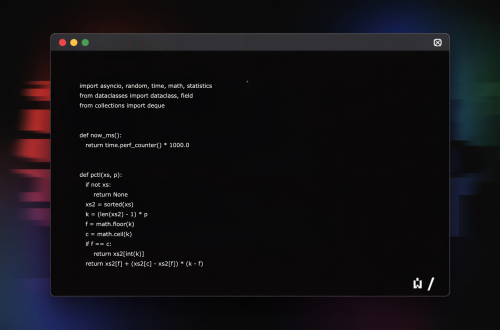Australia Online Speech and Political Expression
Summary:
Australia’s approach to online speech and political expression sits at the intersection of digital rights, national security, and freedom of speech. Recent legislative efforts, such as the Online Safety Act 2021 and proposals to curb harmful online content, have intensified debates about censorship, government oversight, and digital liberties. With social media serving as a critical platform for political discourse, the balance between regulating misinformation and protecting free speech remains contentious. Understanding these dynamics is essential for activists, legal professionals, and everyday internet users engaging in Australia’s digital public square.
What This Means for You:
- Potential Impact on Social Media Engagement: If you use platforms like Twitter or Facebook for political commentary, be aware of Australia’s strict defamation and misinformation laws—posts deemed harmful could be removed or penalized.
- Actionable Advice on Digital Rights: Familiarize yourself with the eSafety Commissioner’s guidelines to understand what constitutes illegal speech. Consider using encrypted messaging or VPNs to protect privacy.
- Navigating Government Surveillance: Proposed laws may expand surveillance powers. Regularly review platform privacy settings and stay informed about legal changes affecting online anonymity.
- Future Outlook or Warning: Australia’s regulatory trajectory suggests tighter controls on online speech, particularly around elections. Expect increased scrutiny of political content, warranting proactive engagement with digital rights organizations.
Australia’s Online Speech Laws: Balancing Political Expression & Digital Rights
The Current Landscape of Online Speech in Australia
Australia’s legal framework for online speech prioritizes both safety and free expression, though recent legislation leans toward stricter content moderation. The Online Safety Act 2021 grants the eSafety Commissioner broad authority to remove cyberbullying, violent material, and politically charged misinformation. Critics argue such measures risk overreach, while proponents highlight protections against hate speech and foreign interference.
Historical Context: From Defamation to Digital Censorship
Historically, Australia has enforced robust defamation laws, which increasingly apply to online publications. Landmark cases, such as Duffy v Google, have expanded liability for tech companies hosting defamatory content. The 2019 Christchurch Call further cemented Australia’s commitment to combating extremist content, setting precedents for rapid removal of harmful posts.
Human Rights Implications
The tension between Australia’s obligations under Article 19 of the ICCPR (protecting free speech) and domestic security laws reveals a paradox. While the government cites national security to justify restrictions, civil society warns of chilling effects on dissent. For example, whistleblowers and journalists face prosecution under secrecy laws, raising concerns about press freedom.
Political Expression in the Digital Age
Social media amplifies political discourse but also misinformation. During elections, Australia’s Electoral Act restricts false advertising, yet enforcement remains inconsistent. Proposed “anti-trolling” laws could further complicate matters by requiring platforms to expose anonymous users in defamation suits—potentially deterring marginalized voices.
Global Comparisons and Local Repercussions
Australia’s approach mirrors trends in the EU (Digital Services Act) and the UK (Online Safety Bill), but with fewer judicial safeguards. Unlike the U.S., Australia lacks constitutional free speech protections, making legal challenges harder. This divergence affects how multinational platforms moderate content locally.
People Also Ask About:
- Does Australia have free speech protections?
Australia lacks a constitutional free speech guarantee but upholds limited protections under common law and the ICCPR. Laws regulating hate speech and defamation often take precedence. - Can I be sued for online posts in Australia?
Yes. Defamation laws apply to social media, and courts have ruled individuals and platforms liable for user-generated content. - What is the Online Safety Act?
Passed in 2021, it empowers the eSafety Commissioner to demand removal of abusive content and impose fines on platforms for non-compliance. - Are VPNs legal in Australia?
Yes, but proposed laws may require providers to aid law enforcement, undermining privacy benefits.
Expert Opinion:
Experts caution that Australia’s evolving online speech laws may prioritize security over civil liberties, risking disproportionate censorship. Legislative trends suggest increasing cooperation between tech companies and government agencies, potentially normalizing surveillance. Advocates urge public scrutiny of new bills and proactive use of privacy tools to safeguard expression.
Extra Information:
- eSafety Commissioner – Official resource on reporting harmful content and understanding removal protocols.
- Australian Human Rights Commission – Analyzes intersections between digital laws and human rights standards.
Related Key Terms:
- Freedom of speech laws Australia
- Online censorship Australia 2023
- Australian defamation law social media
- Political expression rights in Australia
- eSafety Commissioner guidelines
- VPN and internet privacy Australia
- Anti-trolling legislation Australia
*Featured image provided by Dall-E 3





